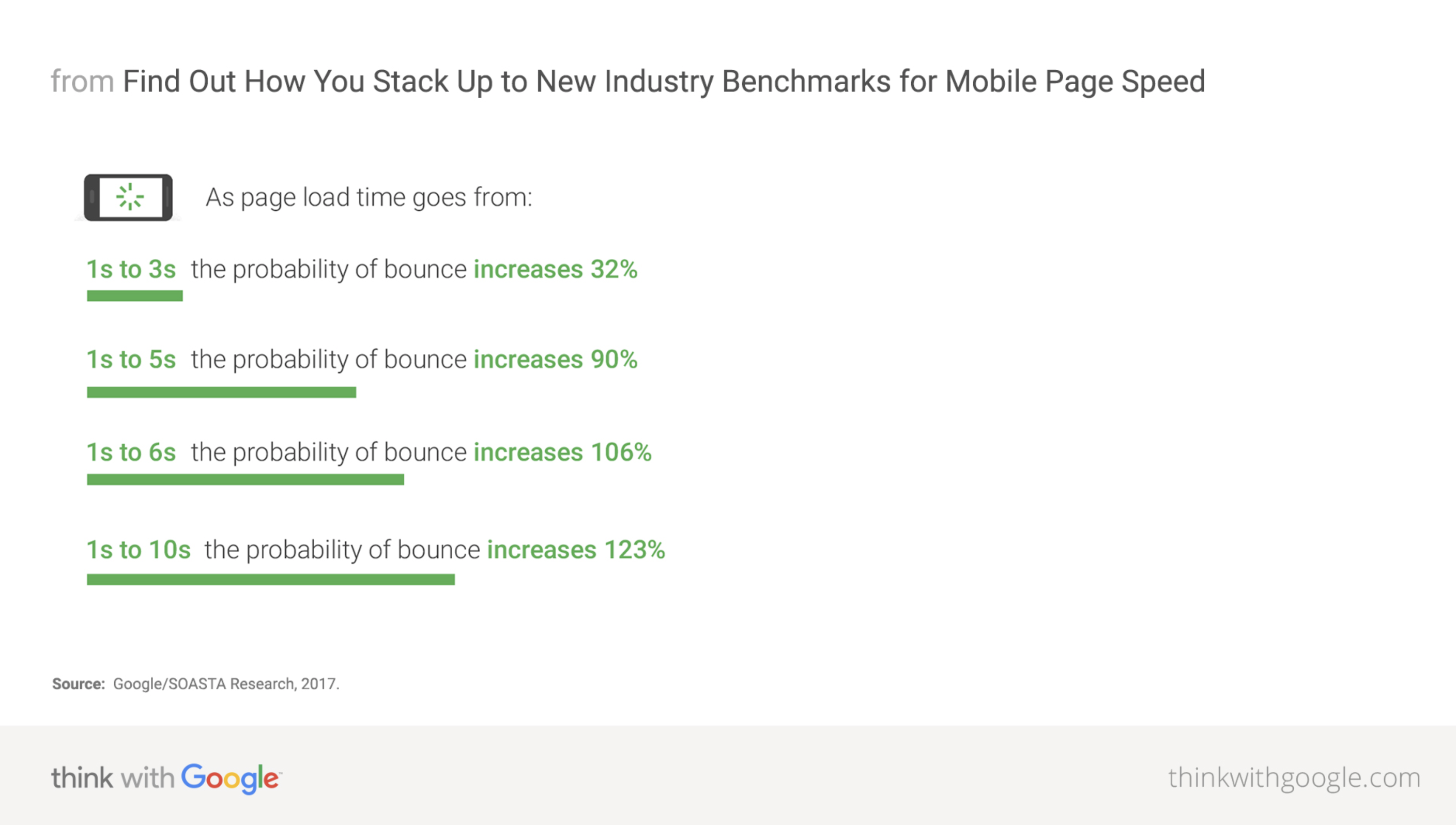
Fast websites drive sales: stay under 3 seconds
Stay ahead of the game and make sure your website or ecommerce is fast by optimizing frontend performance. A fast responding website keeps your users happy, helps drive sales for e-commerce, gives you better SEO ranking and also saves you a buck on infrastructure.
Low response times gives better usability
This point is well know. Managers are surprisingly often not making sure that their website is fast. It is often more about the features and functions and response times are not taken as part of the requirements for the deliverable. So, just make sure your website is fast. Users will thank you.
A normal usability rule, coined by Jacob Nielsen, is to stay under 0.1 seconds for response time and the system feels instant for the user.

Amazon found every 100ms of latency cost them 1% in sales
About 10 years ago Amazon published the remarkable statistics that for every 100ms of latency on their website it costed them 1% in sales. Optimizing for delivery speeds can with this in mind become a lucrative business.
Of course the product volume and customers at Amazon is ideal to test these things on. They have huge traffic and number of orders so tuning does have a measurable impact. Frontend Performance is important for eCommerce SEO.
Lower latency gives you better search engine ranking (SEO)
As the title says. Google has stated that that lower latency is good and gives you prioritization in the search results listing. Better search engine ranking drives more traffic to your website. Since your website now is fast it also converts better. See the self reinforcing circle here?
Crystallize has some SEO tips in their ecommerce SEO checklist.
Faster web Apps requires less CPU power
By having lower response time it usually means that you have a lighter running web App. You can run on smaller instances and in the end have lower cost on hosting services. We use Amazon Web Services and run most of our services on micro instances if we are not running serverless with Lambda services.
Unless you do brute force scaling by adding faster machines. If you do this, stop and rethink your strategy.
Check what Google has to say on latency and testing
Google has released a testing tools that are useful to check your speed. Are you faster than your competitor?
Also read the blog post by Daniel An from the Google Product team.




